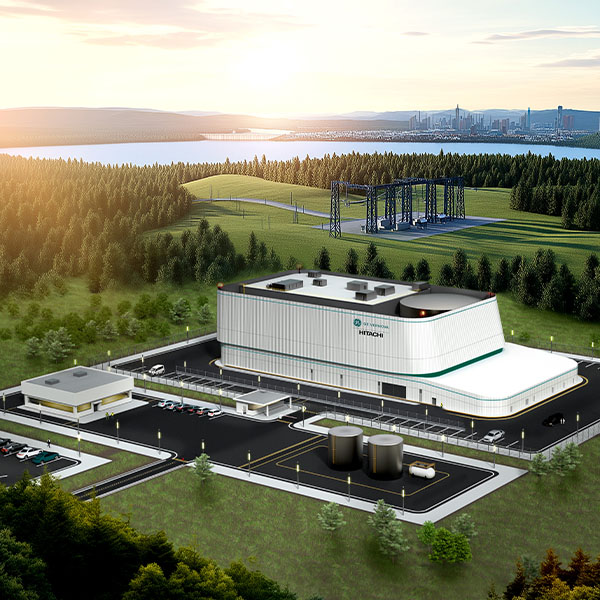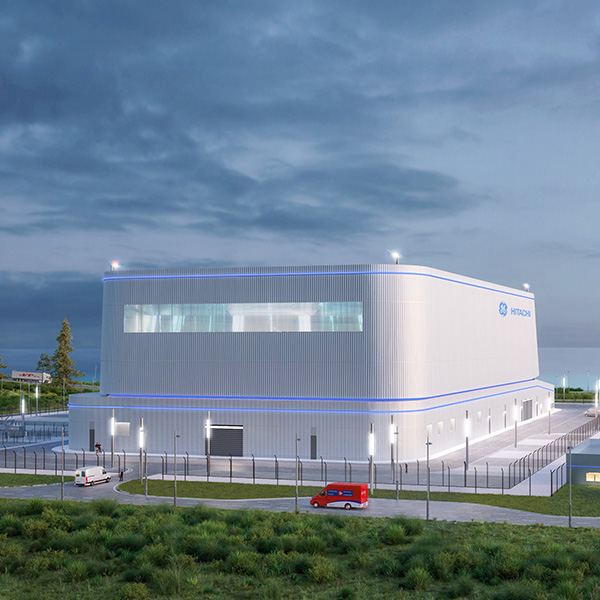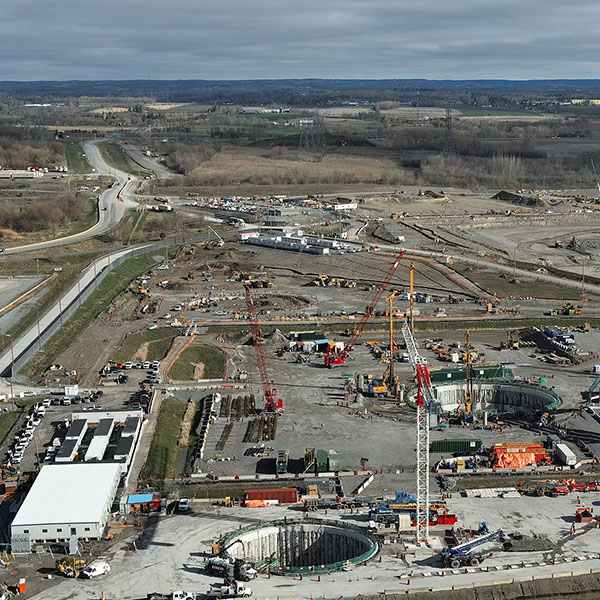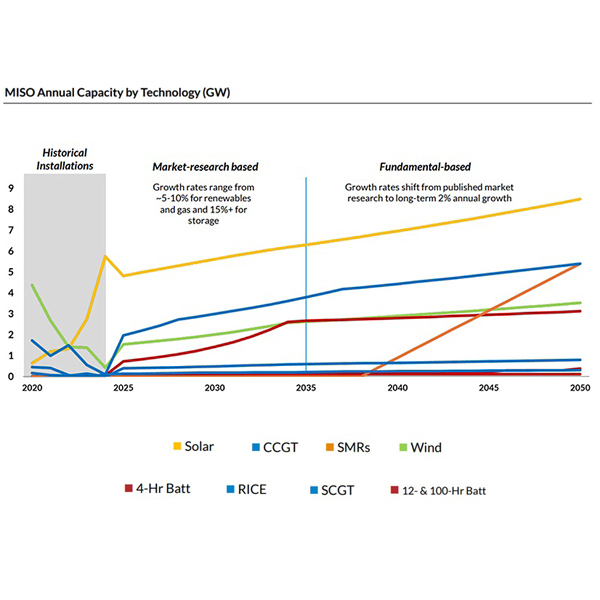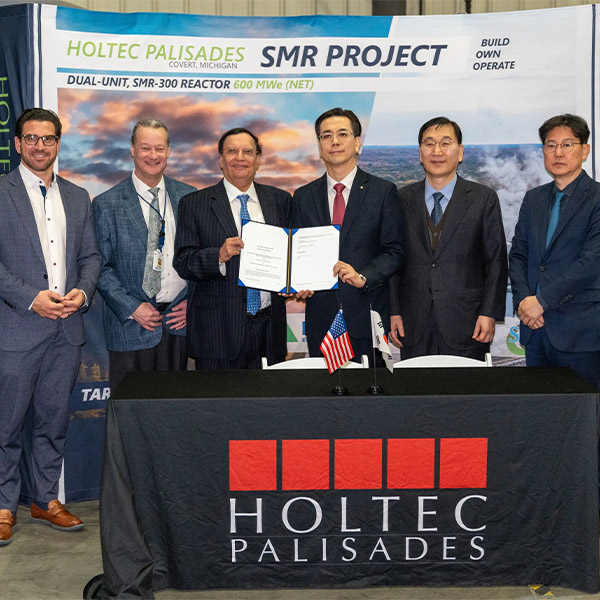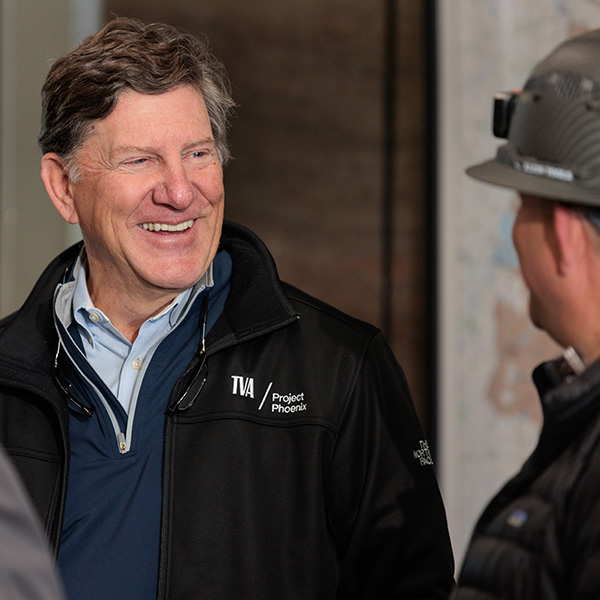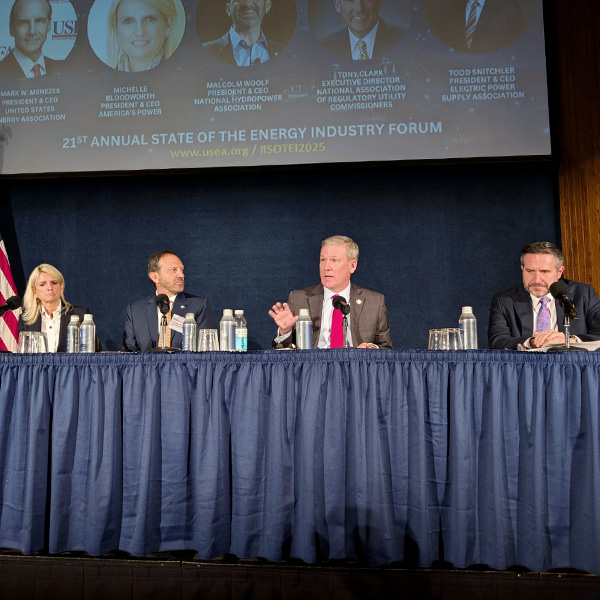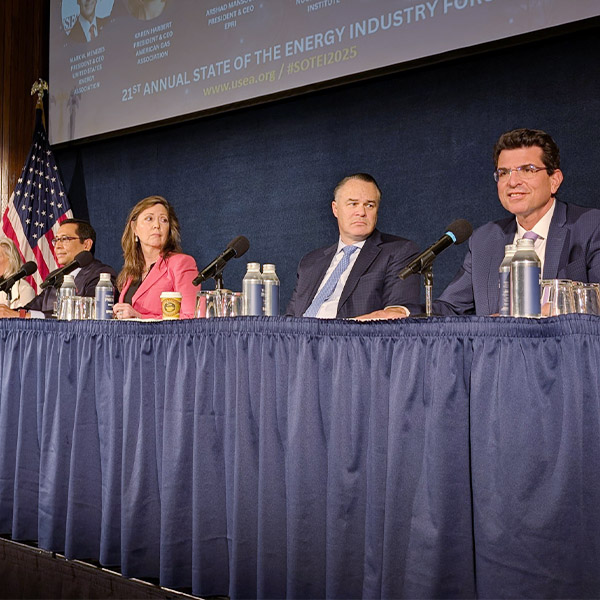Small Modular Reactors (SMRs)
The Tennessee Valley Authority crossed a milestone May 20, becoming the first U.S. utility to request a construction permit for a small modular nuclear reactor.
Experience with small modular reactors (like other nuclear) is for massive cost overruns, writes columnist Steve Huntoon.
Site preparation is underway in southern Ontario for what is expected to be the first small modular reactor to come online in North America, a 300-MW unit projected to cost $7.7 billion CAD.
MISO is on its way to installing a fourth, 20-year future to inform transmission planning in case supply chains remain unsteady.
The Tennessee Valley Authority board of directors announced it will elevate COO Don Moul to become the fourth CEO of TVA.
Holtec has set a 2030 target for commercial operation of two small modular reactors to be built beside the large nuclear plant it is working to restart in Michigan.
Duke Energy’s leadership changed the guard during its first-quarter earnings call as retiring CEO Lynn Good and her replacement, Harry Sideris, split the presentation.
TVA CEO Jeff Lyash announced plans to retire “no later than the end of the fiscal year” after running the federal power authority for nearly six years.
Participants at the United States Energy Association’s 2025 State of the Energy Industry Forum discussed topics such as demand growth, nuclear fusion and energy efficiency.
The Energy Association's 21st Annual State of the Energy Industry Forum reflected the quickly shifting landscape of national energy policy and the resulting shift in industry priorities and narratives.
Want more? Advanced Search
